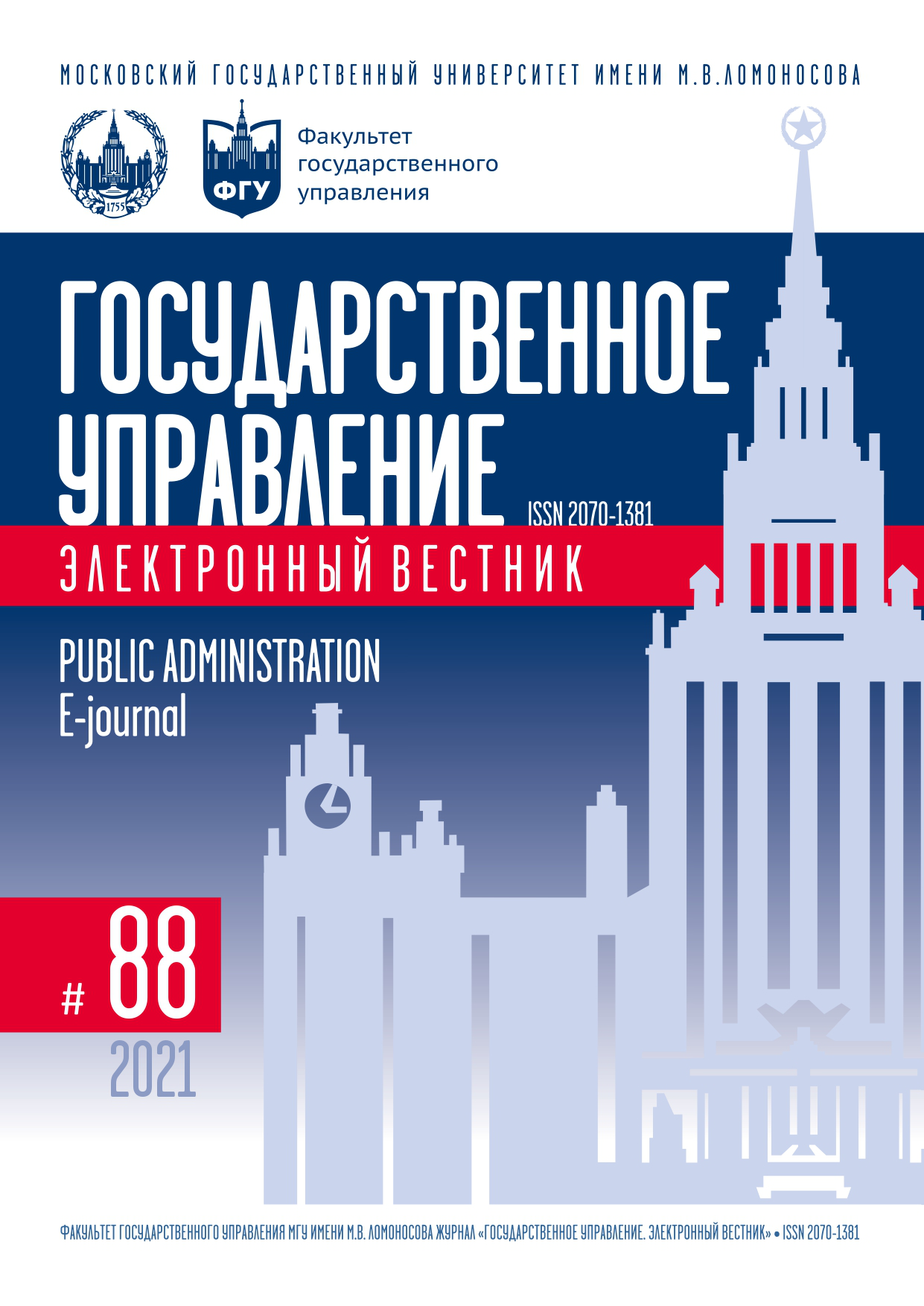Assessment of Informatization of Social Production Impact on Economic Growth
Keywords:
Jipp diagram, infocommunication technologies, сorrelation analysis, macroeconomic indicators, digital transformation, digital economy, economic growthAbstract
By the beginning of the second decade of the 21st century, the development model of a post-industrial society had practically reached the end of its capabilities, which is clearly evidenced by a series of economic crises (global and country-specific), which led to a decrease in economic growth. Meanwhile, the Okinawa Charter of the Global Information Society notes that information and communication technologies (ICT) are one of the most important factors influencing the formation of society in the twenty-first century and are capable of radically rebuilding the system of social reproduction. The article examines the impact of digital technologies, which currently underlie the vast majority of public, social and industrial processes, on changes in macroeconomic indicators, since the digital economy is becoming an integral part of the global economy, occupying an ever-increasing part of it. In this regard, it seems relevant to assess the relationship and impact of information technologies on the rate of economic growth (gross domestic product), including with the aim of understanding the role of information technologies and the degree of their impact on economic growth, which is decisive for assessing the effects of digitalization, as well as searching ways of intensive development of productive forces. The results obtained can be further used in the development of priority directions for the transformation of the national economy.
References
Архипова М.Ю., Сиротин В.П. Региональные аспекты развития информационно-коммуникационныхи цифровых технологий в России // Экономика региона. 2019. Т. 15. № 3. С. 670–683. DOI: https://doi.org/10.17059/2019-3-4.
Баронов В.В., Калянов Г.Н., Попов Ю.Н., Титовский И.Н. Информационные технологии и управление предприятием. М.: ДМК Пресс, 2004.
Варакин Л.Е. Информационно-экономический закон. Взаимосвязь инфокоммуникационной инфраструктуры и экономики. М.: Труды МАС, 2006.
Карышев М.Ю. Статистический анализ информационно-коммуникационных технологий как фактора экономического производства // Вестник СамГУПС. 2010. № 2. С. 25–29.
Корецкий А.С. Принципы формирования цифровой экосистемы управления процессами на основе бизнес-модели // Государственное управление. Электронный вестник. 2021. № 84. С. 221–240. DOI: 10.24412/2070-1381-2021-84-221-240.
Мариев О.С., Анцыгина А.Л. Прикладная эконометрика для макроэкономики. Екатеринбург: Изд-во Уральского университета, 2014.
Математические и инструментальные методы в современных экономических исследованиях // под ред. М.В. Грачевой, Е.А. Тумановой. М.: Экономический факультет МГУ имени М.В. Ломоносова, 2018.
Осипов Ю.М., Юдина Т.Н., Гелисханов И.З. Информационная и цифровая экономика: концепт, основные параметры и механизмы реализации // Вестник Московского университета. Серия 6. Экономика. 2019. № 3. С. 41–60.
Попов Е.В., Семячков К.А., Симонова В.Л. Оценка влияния информационно-коммуникационных технологий на инновационную активность регионов // Финансы и кредит. 2016. № 46. С. 46–60.
Природа, противоречия и перспективы процессов глобализации начала XXI века / под ред. М.Л. Альпидовской, Д.П. Соколова, Н.В. Цхададзе. Майкоп: Изд-во «Электронные издательские технологии», 2020.
Bagchi K. Factors Contributing to Global Digital Divide: Some Empirical Results // Journal of Global Information Technology Management. 2005. Vol. 8. Is. 3. P. 47–65. DOI: https://doi.org/10.1080/1097198X.2005.10856402.
Billon M., Marco R., Lera-Lopez F. Disparities in ICT Adoption: A Multidimensional Approach to Study the Crosscountry Digital Divide // Telecommunications Policy. 2009. Vol. 33. Is. 10-11. P. 596–610.
Herrmann F. The Smart Factory and Its Risks // Systems. 2018. Vol. 6. Is. 4. P. 38. DOI: https://doi.org/10.3390/systems6040038.
Jipp A. Wealth of Nations and Telephone Density // Telecommunications Journal. 1963. Is. 7. P. 199–201.
Kleibrink A., Niehaves B., Palop P., Sörvik J., Thapa B. Regional ICT Innovation in the European Union: Prioritization and Performance (2008–2012) // Journal of the Knowledge Economy. 2015. Vol. 6. Is. 2. P. 320–333. DOI: https://doi.org/10.1007/s13132-015-0240-0.
Mesenbourg T.L., Atrostic B.K. Measuring The U.S. Digital Economy: Theory and Practice // International Statistical Institute. Seoul 53rd Session. 2001. URL: https://2001.isiproceedings.org/pdf/1074.PDF.
Schwab K. The Fourth Industrial Revolution. London: Penguin, 2017.
Stonier T. Towards a New Theory of Information // Telecommunications Policy. 1986. Vol. 10. Is. 4. P. 278–281. DOI: https://doi.org/10.1016/0308-5961(86)90041-8.
Tapscott D. The Digital Economy: Promise and Peril in the Age of Networked Intelligence. New York: McGraw-Hill Companies, 1995.

